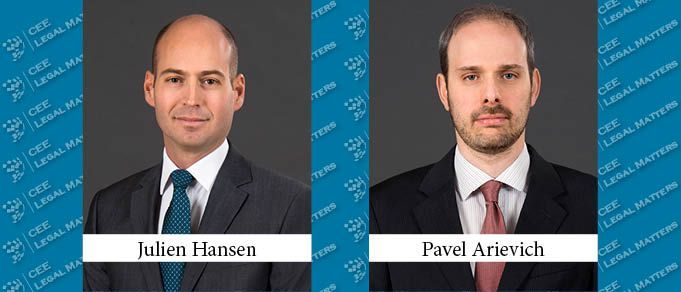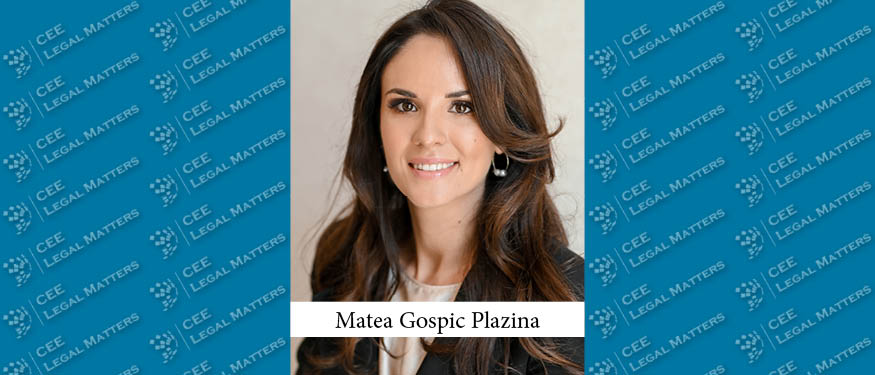The enforcement of pharmaceutical patent rights in Russia is a multi-aspect issue. One such aspect, well known to the industry and patent owners, is the attempt to prevent pharmaceuticals that may infringe on prior patent rights from being registered by the Russian healthcare authorities.
At present, the patent protection system and the pharmaceutical state registration system are two totally distinct worlds with little inter-connection.
In Russia, patent rights are granted to IP owners by the Russian Patent Office (“Rospatent”) following an examination on the merits and subsequent registration. In line with most countries, Russian affords patent protection to substances, including pharmaceutical substances. A patent to an active pharmaceutical ingredient (API) of a pharmaceutical, once granted, allows the patent owner to use the API and legally prevent other parties from using products bearing features of the protected API. Under the Russian Civil Code, infringing use includes such actions as importing the products to Russia and manufacturing, offering for sale, and sale.
However, what if an alleged infringer has not yet started to actually produce or commercialize the conflicting product but has undertaken actions to apply for the state registration of a pharmaceutical that bears features of a registered patent of a senior patent owner? Can the patent owner prevent this?
The current system for registering pharmaceuticals with the Russian Ministry of Healthcare (the “Ministry”) does not envisage the verification of prior patent rights. This has led in the past to numerous discussions and disputes.
Court Rulings
The courts have tended to refuse to recognize actions involving the registration of a disputed pharmaceutical as constituting patent infringement. One of the examples is the Novartis AG vs. Pharm-Syntez dispute. Courts of several instances ruled in favor of Novartis, but the Higher Arbitrazh Court, in its ruling of June 16, 2009 (No. 2578/09), reversed the earlier decisions and ruled that, while the manufacture by Pharm-Syntez of the conflicting pharmaceutical was an infringement and must be prohibited, the registration of the same pharmaceutical is per se not infringing, as it is not an infringing use and is not prohibited under patent legislation.
Over time the situation has gradually begun to change.
For example, in the Novartis AG vs. Nativa dispute, dated September 27, 2017 (No. A41-85807/2016), the Arbitrazh Court of the Moscow Region recognized actions involving the registration of a conflicting pharmaceutical with the Ministry as creating the threat of a patent infringement.
Furthermore, in the Astra Zeneca vs. Jodas Expoim dispute the Court on Intellectual Property Rights, in its ruling of February 28, 2019 (No. A40-106405/2018), ordered the defendant to file an application with the Ministry to withdraw the registration of the conflicting pharmaceutical, as well as an application to remove from the state register marginal sales prices applicable to “essential” pharmaceuticals. The court also prohibited the defendant from performing actions aimed at the registration of the pharmaceutical for as long as the claimant’s patent remains valid. The reasoning for this ruling was the qualification of the defendant’s actions as creating preparatory actions for an infringement.
One Step Further
Patent owners are now more actively trying to influence the Ministry into improving the state registration system of pharmaceuticals.
As a result, Rospatent, supported by representatives of the industry, has recently come up with the idea of creating a state register of APIs protected by Russian patents for inventions. As proposed by Rospatent, this register should contain information on the patents for APIs and details on the owners.
The Ministry, in its turn, will update this register with relevant information about the registration of potentially conflicting pharmaceuticals, introducing, where applicable, restrictions on their use (e.g. only allowing such pharmaceuticals to be released into circulation upon the expiry of the patent rights of the original pharmaceutical manufacturer).
The mechanism of interaction between Rospatent and the Ministry and many other details still need to be developed and, if this process is successful, the concept will proceed to the draft law stage. It is intended that the register will be implemented before the end of 2019.
The register, if implemented, may help prevent the state registration of pharmaceuticals that infringe on existing patents and combat patent infringers, which, at the moment, wastes enormous time and effort and sometimes allows infringing pharmaceuticals to enter the market and be supplied to state entities and pharmacies.
By Julien Hansen, Partner, Pavel Arievich, Legal Director, and Julianna Tabastajewa, Counsel DLA Piper
This Article was originally published in Issue 6.6 of the CEE Legal Matters Magazine. If you would like to receive a hard copy of the magazine, you can subscribe here.

















